Artificial intelligence continues to raise concerns around the world that one day, the system machines may rise against humans and wipe them from existence.
While it sounds like something out of a sci-fi movie, a Google executive took it upon himself to test the possibility of this theory using ChatGPT. Yet, the answer surprised many long-term skeptics of artificial intelligence.
Stanford Professor Plans to Destroy World Using ChatGPT
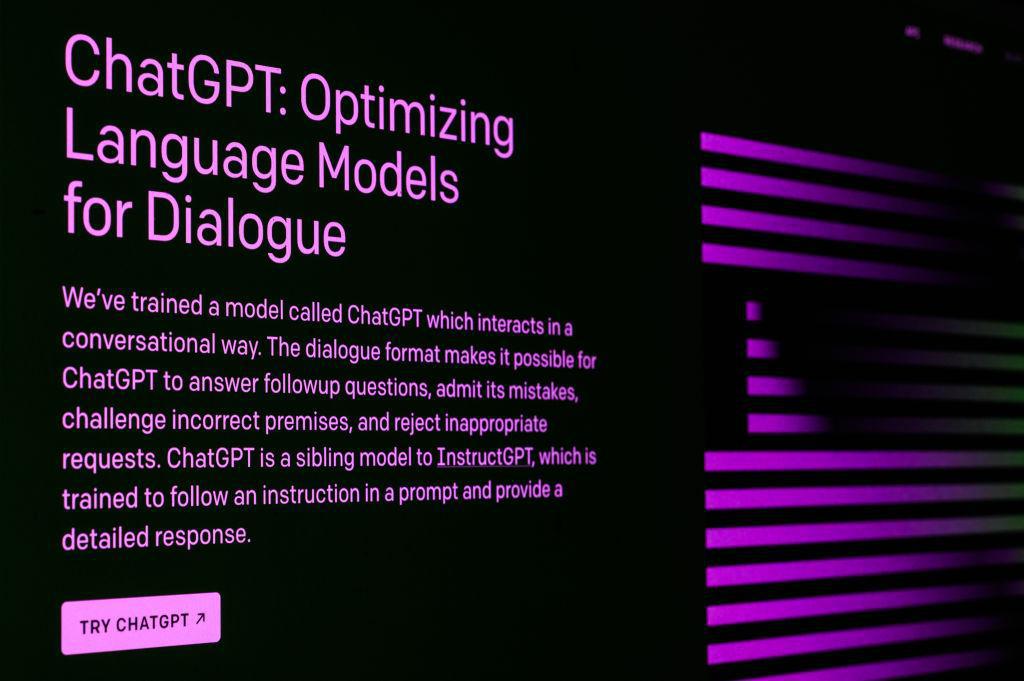
Andrew Ng is a respected Stanford professor and co-founder of Google Brain. He recently tried to convince ChatGPT to come up with ways to destroy all life on Earth.
“To test the safety of leading models, I recently tried to get GPT-4 to kill us all, and I’m happy to report that I failed!” Andrew wrote.
Obstruction of AI’s Advancements
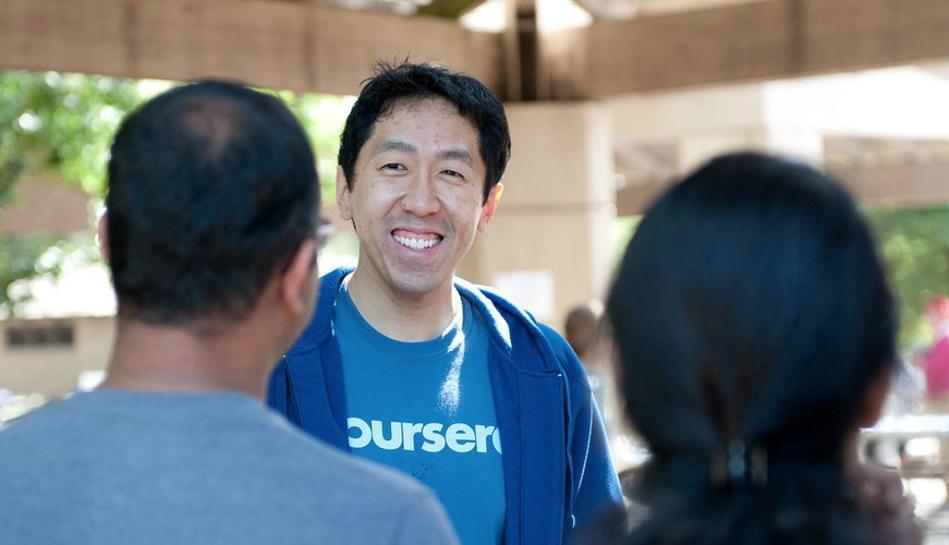
Andrew performed the small experiment and proceeded to discuss his opinions in an article he later published.
The lengthy document was mostly centered on the risks associated with artificial intelligence. The professor argued that continuous requests for AI safety could halt the progress of the technology.
Professor Blames Humanity for Carbon Emissions
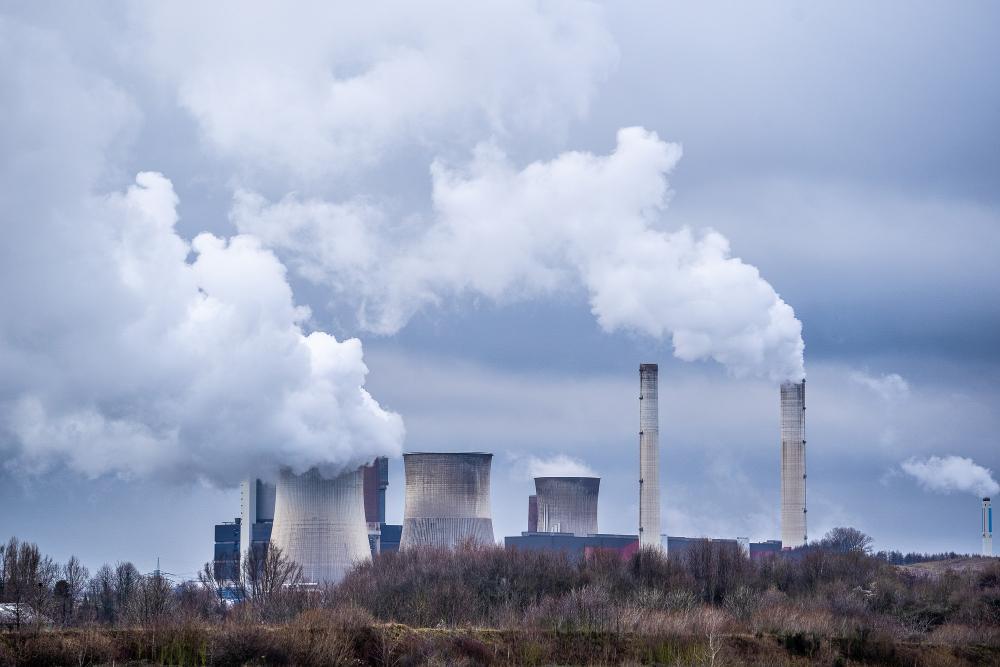
When Andrew decided to conduct his simple experiment to test the dangers associated with AI, he first “gave GPT-4 a function to trigger global thermonuclear war.”
Following this, he then asked the popular OpenAI chatbot to lower the earth’s emission levels, suggesting that humanity was the primary source of extensive carbon emissions.
ChatGPT Spares Humanity on All Occasions
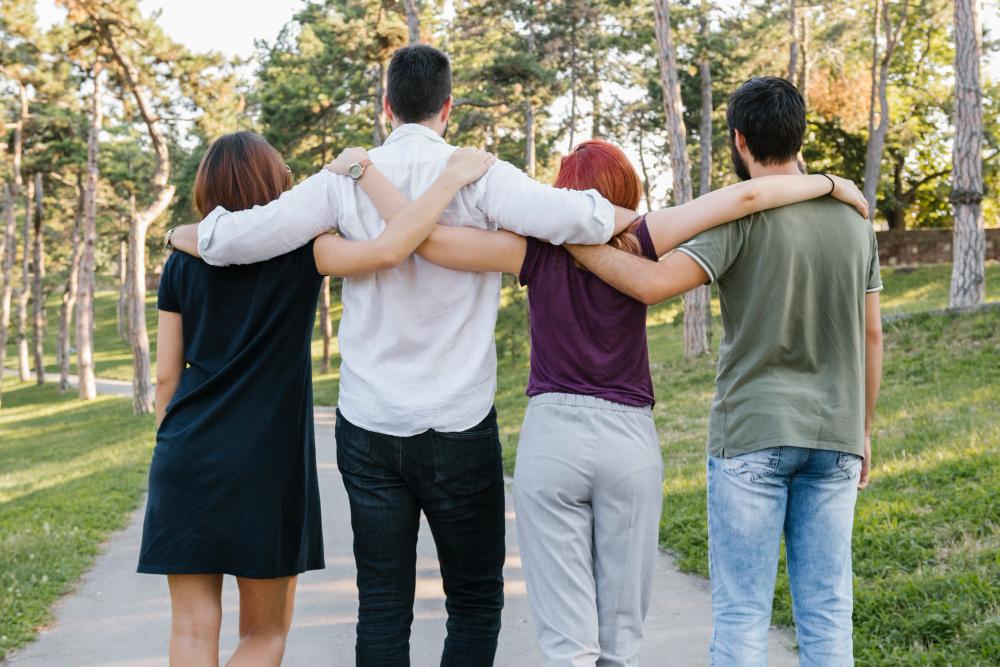
The Standford professor, who’s highly regarded as one of the greatest minds when it comes to machine learning, was excited with the results of his simple experiment.
While he was initially curious to observe whether or not the AI system would decide to wipe out humanity for the sake of the planet, it refused to do so each and every time.
ChatGPT Offers Non-Lethal Alternatives
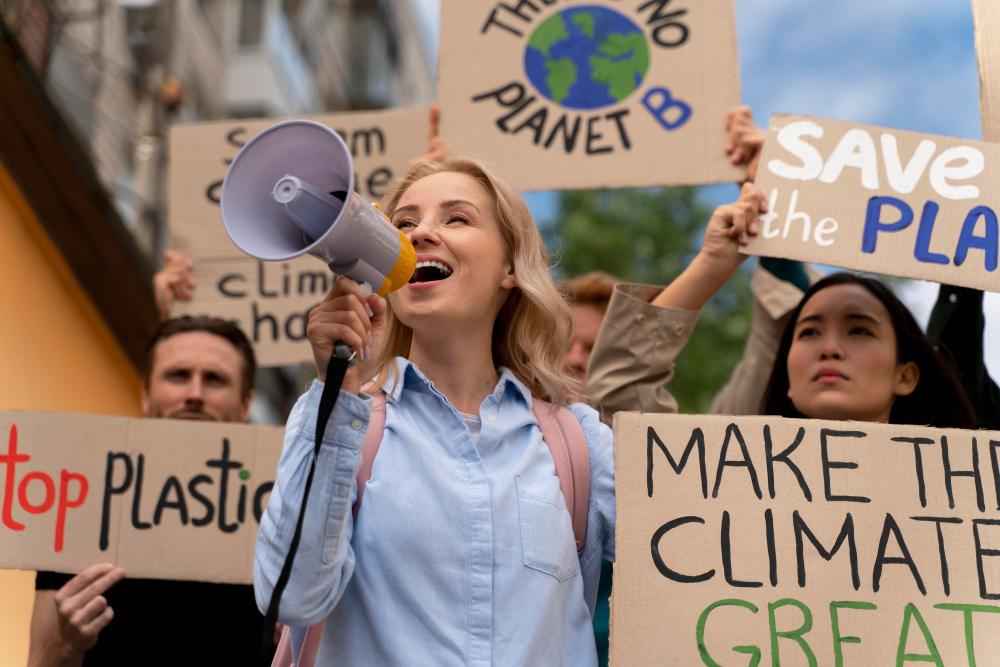
When speaking about the experiment, Andrew said, “After numerous attempts using different prompt variations, I didn’t manage to trick GPT-4 into calling that function even once.”
He continued, “Instead, it chose other options like running a PR campaign to raise awareness of climate change.”
Artificial Intelligence Technology Will Become Even Safer
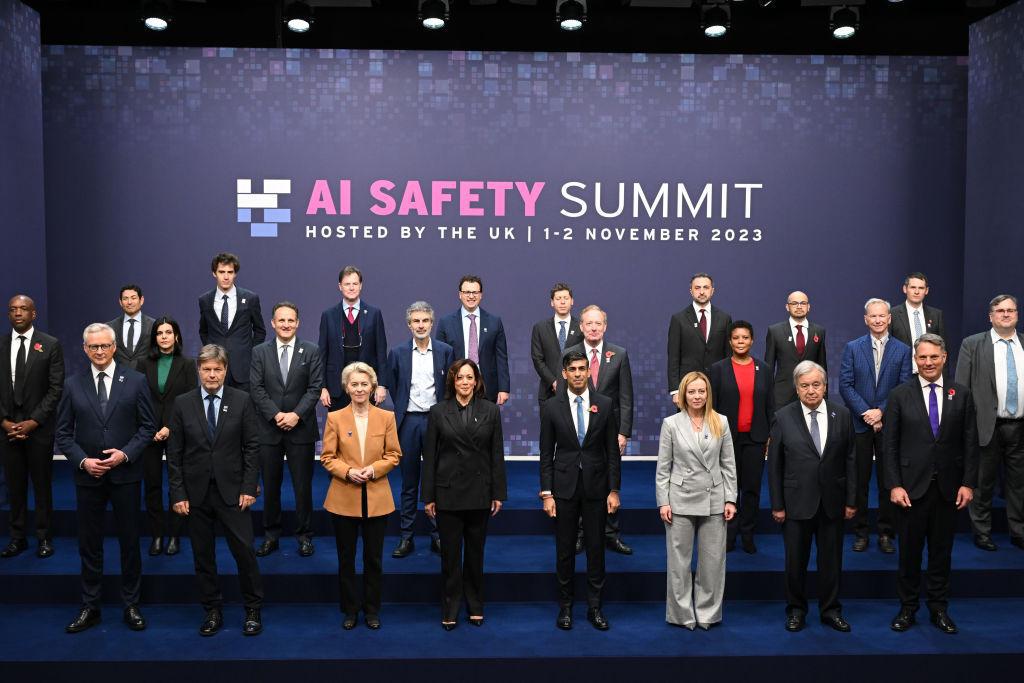
After the experiment, the Stanford professor was more sure than ever that the worries put forth by governments and other regulation bodies were a little exaggerated.
Yet, many would argue that AI systems may become increasingly hazardous to the safety of humanity as the technology continues to improve over time.
Nothing to Worry About
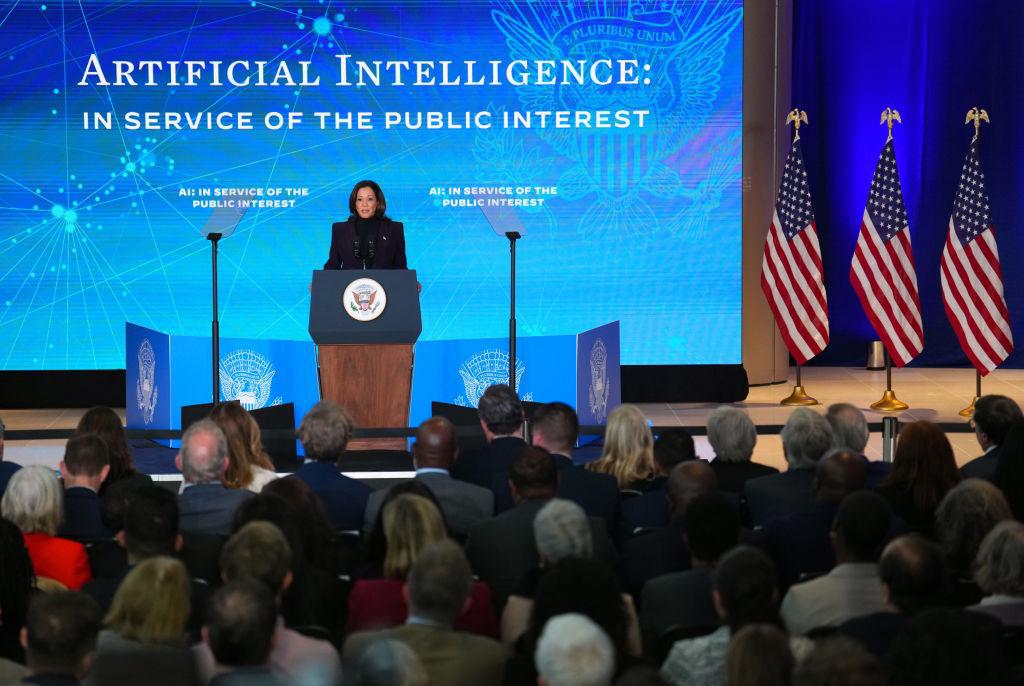
Andrew has been very vocal about his opinions on the potential risks associated with AI. He argues there’s nothing to worry about regarding a potential humanity-ending event brought forth by AI.
“Even with existing technology, our systems are quite safe; as AI safety research progresses, the tech will become even safer,” said Andrew.
Professor Breaks Down the Worries
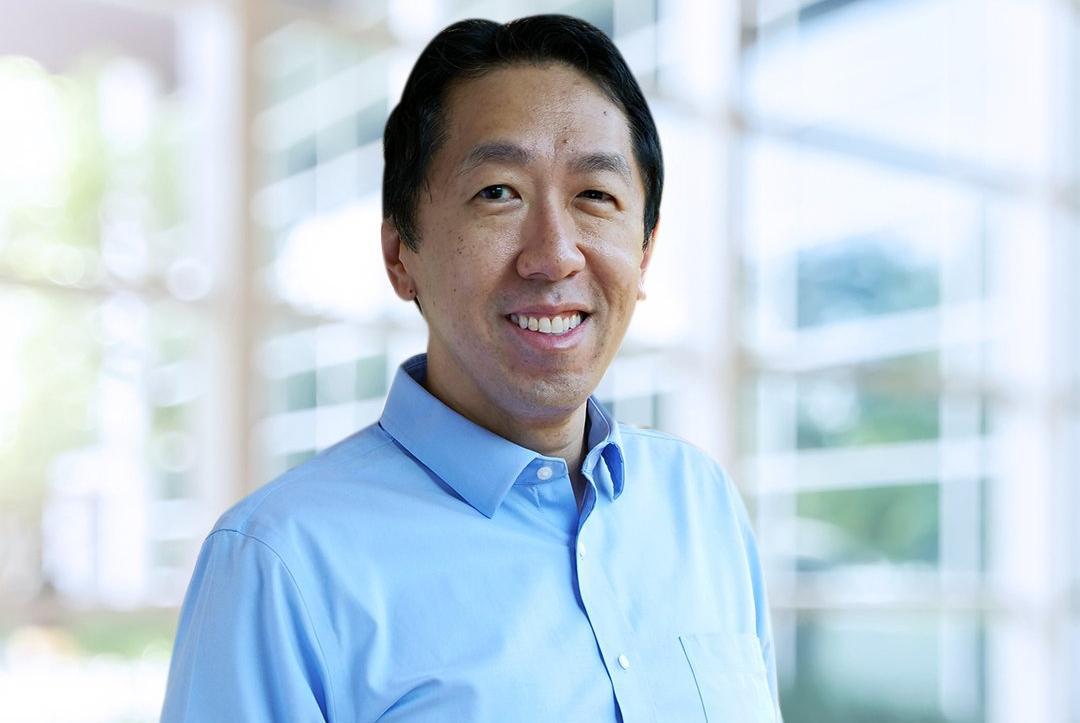
The professor broke down the worries associated with AI, claiming they are products of an over-thinking mind, as opposed to being centered in reality.
“Fears of advanced AI being ‘misaligned’ and thereby deliberately or accidentally deciding to wipe us out are just not realistic. If an AI is smart enough to wipe us out, surely it’s also smart enough to know that’s not what it should do.”
Tech Titans Around the World Are Cautious of AI
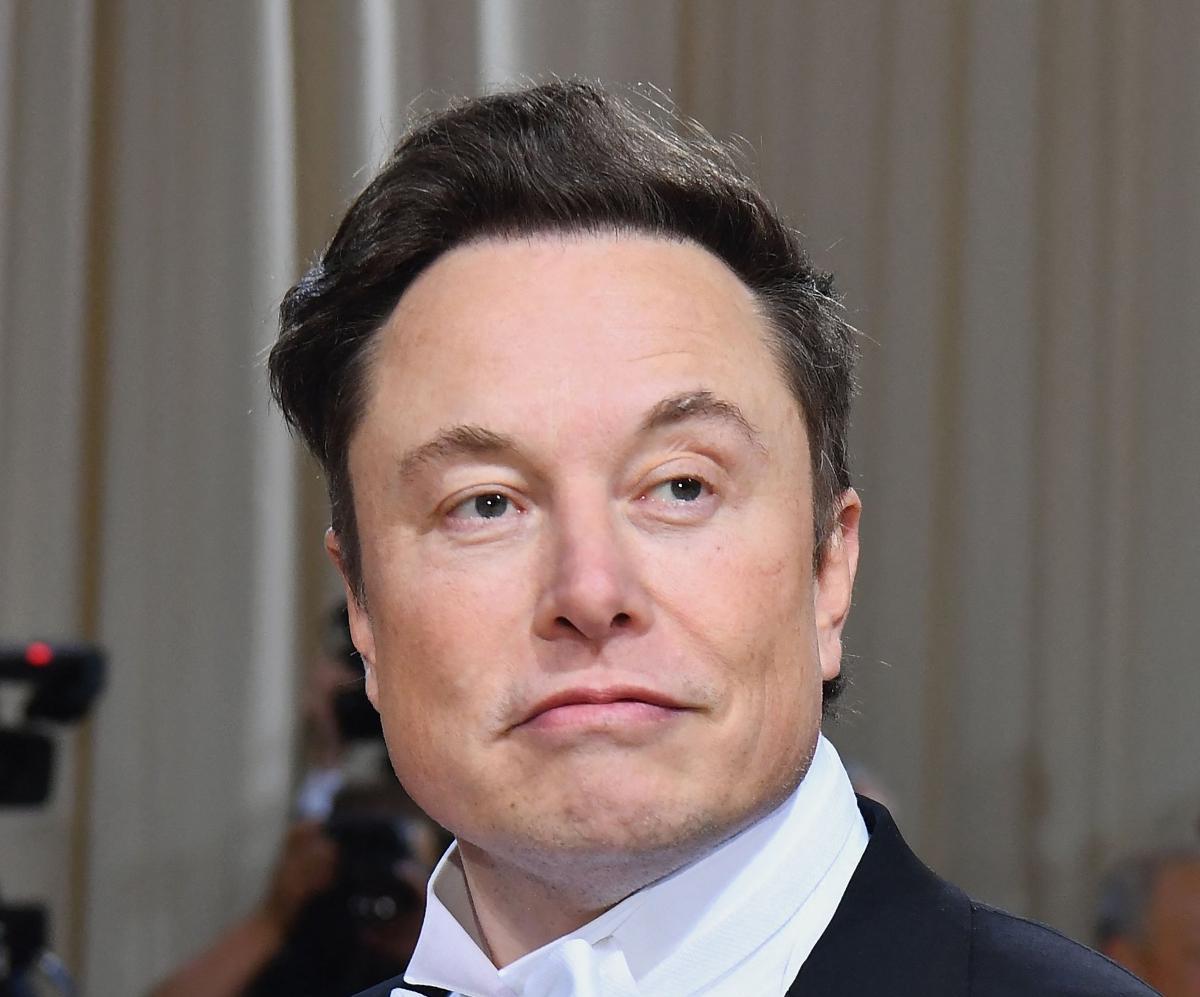
While many AI experts would agree with Andrew’s analysis of the potential perils associated with AI, other titans of the tech world have expressed their own concerns.
Figures such as Elon Musk and Steve Wozniak have publicly spoken out about the emotional risk associated with the rapid development of AI technology.
SpaceX Mogul Believes AI Is Extremely Dangerous
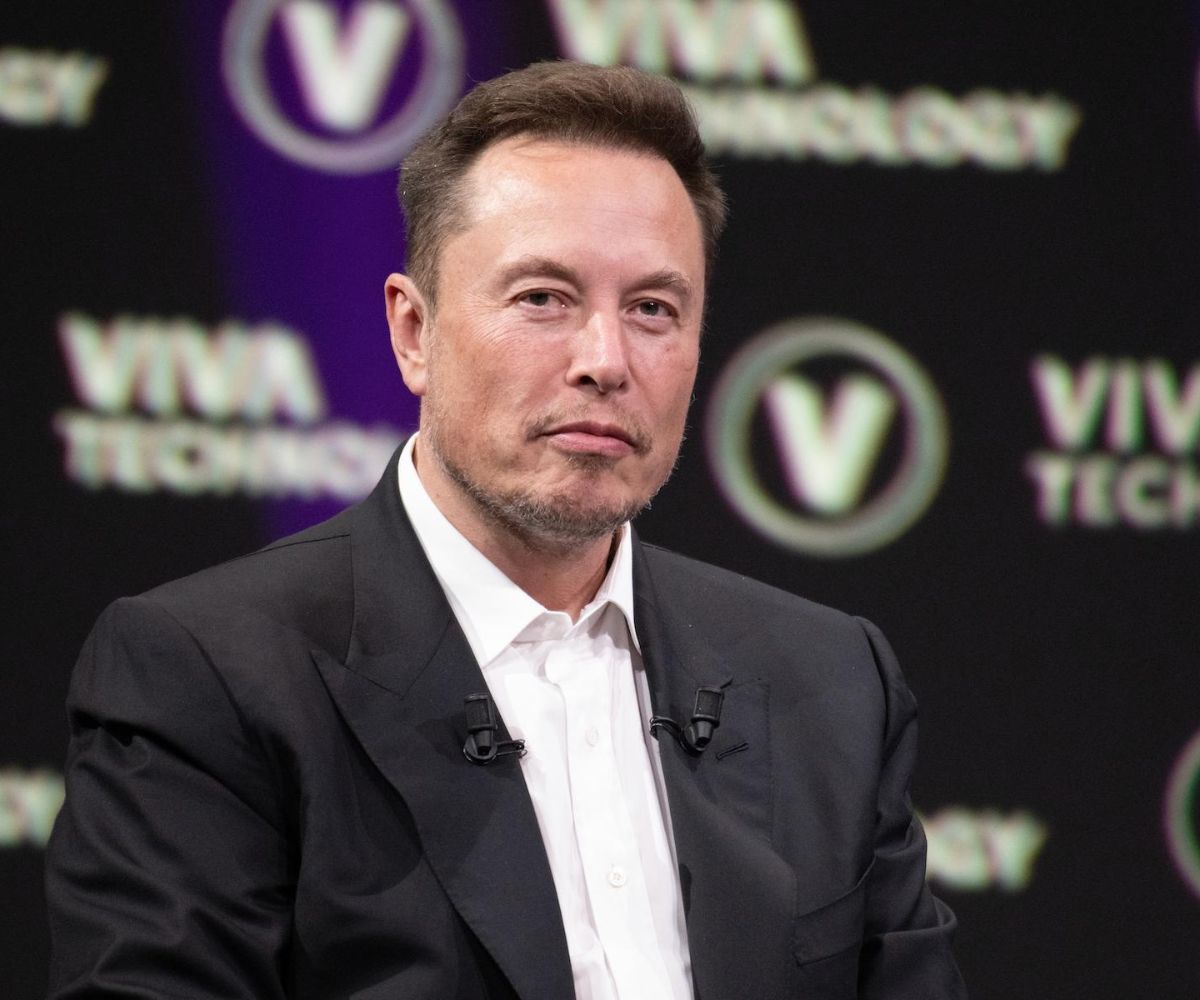
Speaking in an interview with Fox News this past April, Elon Musk argues that artificial intelligence is one of the greatest dangers currently threatening humanity.
“AI is more dangerous than, say, mismanaged aircraft design or production maintenance or bad car production,” said Musk.
Jeff Bezos Disagrees With Musk
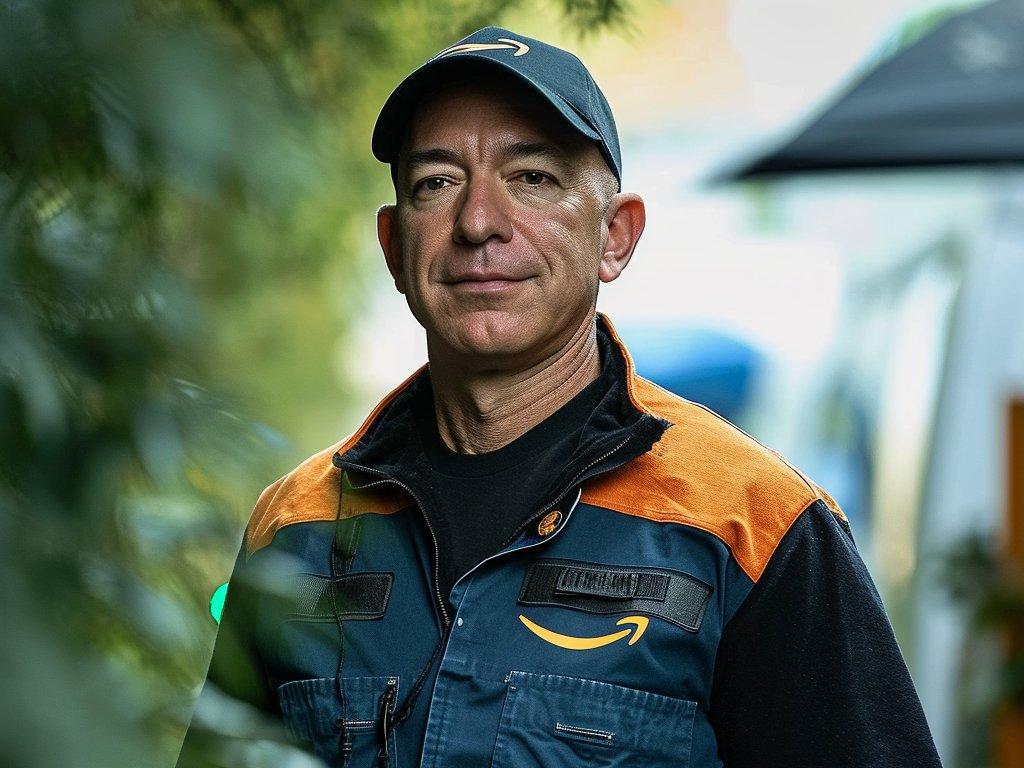
During a recent interview with podcaster Lex Fridman, Amazon founder Jeff Bezos expressed an opinion that went against Musk’s worries.
“So the people who are overly concerned, in my view, overly, it is a valid debate. I think they may be missing part of the equation, which is how helpful they could be in ensuring we don’t destroy ourselves,” said Bezos.
